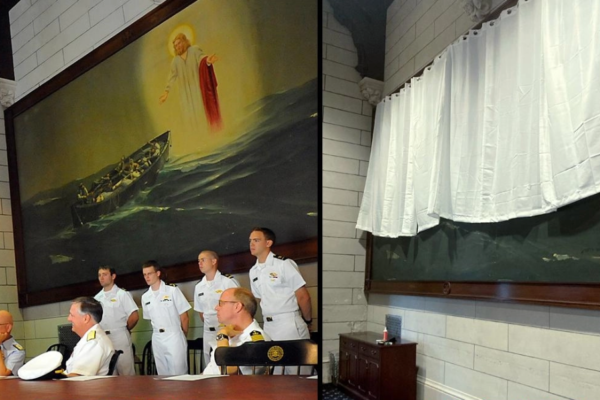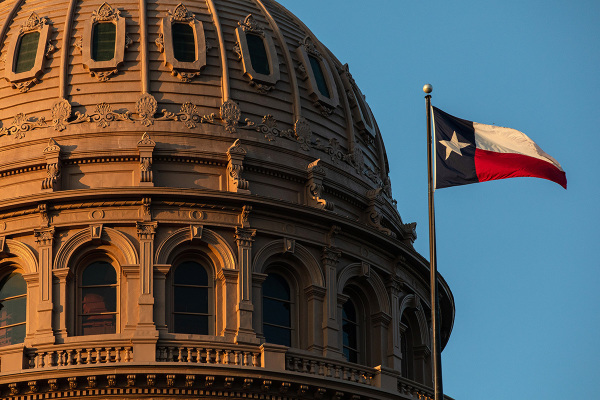Egypt Rules Christian Convert Must Remain Legally Muslim
An Egyptian judge ruled this week in an unprecedented case that a Muslim who converted to Christianity cannot legally change his religious status, although he may believe what he wants in his heart.
Muhammad Hegazy, 25, lost his case on Tuesday when Judge Muhammad Husseini of a court in Cairo said according to sharia, or Islamic law, Islam is the final and most complete religion and therefore Muslims already practice full freedom of religion and cannot convert to an older belief (Christianity or Judaism), according to Christian Solidarity Worldwide.
"He (Hegazy) can believe whatever he wants in his heart, but on paper he can't convert," Husseini told the administrative court, according to a member of Hegazy's legal team to Compass Direct.
Judge Husseini based his decision on Article II of the Egyptian constitution, which makes sharia the source of Egyptian law.
Hegazy has denounced the ruling as a "violation" of his basic rights.
"What does the state have to do with the religion I embrace?" Hegazy questioned, according to the United States Copts Association following the ruling.
The convert's defense team was also disappointed with the verdict.
"The judge didn't listen to our defense, and we didn't even have a chance to talk before the court," said Gamel Eid, head of the Arab Network for Human Rights Information (ANHRI) to U.S. Copts Association.
Last August, Hegazy filed a historic case to seek official recognition for his conversion from Islam to Christianity. Because of persecution, converts to Christianity usually hide their new religious beliefs and only practice their faith secretly.
But Hegazy was the first convert to sue Egypt for rejecting his application to officially change his religion on his identification papers. He explained that his wife, who is also a Muslim convert to Christianity, was expecting a baby and wanted his daughter to be raised in an openly Christian environment.
In Egypt, a child's registered religion is based on the father's official faith. Therefore, since Hegazy is officially Muslim, his daughter would not be able to enroll in Christian religious classes at school, wed in a church, or attend church services openly without harassment under Egyptian law.
Hegazy and his wife, Zeinab, have gone into hiding since filing the case because of the numerous death threats they received, including one from Hegazy's father if he does not return to Islam. While in hiding, Zeinab gave birth to their daughter on Jan. 10, according to CSW.
"We are dismayed at the decision of the judge to deny Muhammad Hegazy the right to change his religion," said CSW's chief executive Mervyn Thomas. "The Egyptian Constitution seemingly allows for religious freedom, and Egypt has ratified international human rights treaties which grant the individual the right to adopt a religion of their choice."
"Yet this ruling highlights just how different the reality is for converts like Muhammad Hegazy. We urge the international community to call upon Egypt to uphold the right to freedom of thought, conscience and religion," he added.
An ANHRI representative said Hegazy still plans to appeal the ruling or possibly open a new case. Zeinab plans to also file a petition for her right to change her religion to Christianity.






















